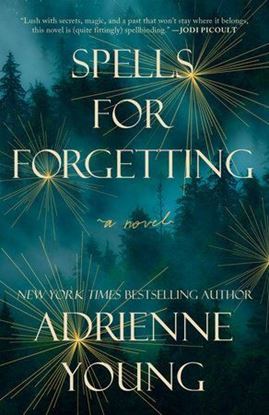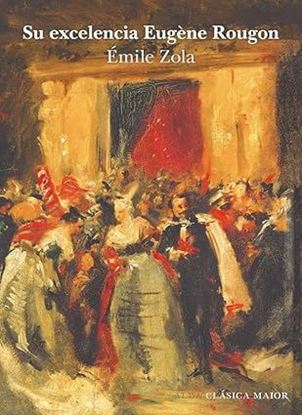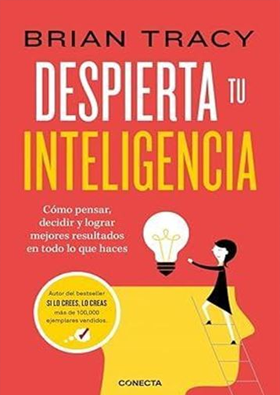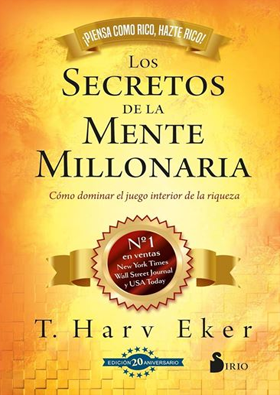

SOY UN HOMBRE SOLO
El poeta catalán Joan Vinyoli (1914-1984 ) aprendió muy pronto de su admirado Rilke que 'la poesía no es cosa de sentimientos, sino de experiencias'. Quizá justamente por su formación autodidacta y el origen vacilante de su vocación, Vinyoli siempre concibió la poesía -a la manera de su maestro Carles Riba- como una herramienta indagatoria y de conocimiento de uno mismo y del mundo, una forma de realización espiritual. Su escritura parte del romanticismo alemán y el postsimbolismo para evolucionar hacia una poesía de corte metafísico y fuerte impronta moral. La palabra poética sirve para arraigarse en la realidad, trascenderla y superar el estado de indigencia que el poeta considera inherente a la condición humana.
1,900
SOY UNA MAMA (BOL)
¿Qué sucede cuando descubres que has vivido una mentira y decides poner punto final a tu «felices para siempre»?
No te pierdas Soy una mamá, que reúne los tres volúmenes de la serie: Soy una mamá, Soy una mamá divorciada y alocada y Soy una mamá divorciada, alocada y de nuevo enamorada.
Me llamo Estefanía, soy madre de tres hijos y estuve felizmente casada. Mi día a día era siempre el mismo: me levantaba, atendía a mis pequeños, los llevaba al cole, desayunaba con mis amigas, hacía la compra, sacaba a mi perra y me iba al trabajo. Todo era perfecto y yo me sentía una mujer feliz. Pero, tras veinte años de matrimonio, todo se trastocó cuando me enteré de que ese marido al que tanto veneraba me estaba engañando con otra.
700
SPELLS FOR FORGETTING
Emery Blackwood’s life changed forever the night her best friend was found dead and the love of her life, August Salt, was accused of murdering her. Years later, she is doing what her teenage self swore she never would: living a quiet existence on the misty, remote shores of Saoirse Island and running the family’s business, Blackwood’s Tea Shoppe Herbal Tonics & Tea Leaf Readings. But when the island, rooted in folklore and magic, begins to show signs of strange happenings, Emery knows that something is coming. The morning she wakes to find that every single tree on Saoirse has turned color in a single night, August returns for the first time in fourteen years and unearths the past that the town has tried desperately to forget.
900
STATION ELEVEN (TELEVISION -TIE-IN)
Kirsten Raymonde will never forget the night Arthur Leander, the famous Hollywood actor, had a heart attack on stage during a production of King Lear. That was the night when a devastating flu pandemic arrived in the city, and within weeks, civilization as we know it came to an end.
Twenty years later, Kirsten moves between the settlements of the altered world with a small troupe of actors and musicians. They call themselves The Traveling Symphony, and they have dedicated themselves to keeping the remnants of art and humanity alive. But when they arrive in St. Deborah by the Water, they encounter a violent prophet who will threaten the tiny band’s existence. And as the story takes off, moving back and forth in time, and vividly depicting life before and after the pandemic, the strange twist of fate that connects them all will be revealed.
850
STEPPENWOLF
At first glance, Harry Haller seems like a respectable, educated man. In reality, he is the Steppenwolf: wild, strange, alienated from society, and repulsed by the modern age. But as he is drawn into a series of dreamlike and sometimes savage encounters—accompanied by, among others, Mozart, Goethe, and the bewitching Hermione—the misanthropic Haller undergoes a spiritual, even psychedelic, journey, and ultimately discovers a higher truth and the possibility of happiness.
1,150
STOP SAYING YOU ARE FINE
Mel Robbins has spent her career teaching people how to push past their self-imposed limits to get what they truly desire. She has an in-depth understanding of the psychological and social factors that repeatedly hold you back, and more important, a unique set of tools for getting you where you want to be.
In Stop Saying You're Fine, she draws on neuroscientific research, interviews with countless everyday people, and ideas she's tested in her own life to show what works and what doesn't. The key, she explains, is understanding how your own brain works against you. Because evolution has biased your mental gears against taking action, what you need are techniques to outsmart yourself.
995
SU EXCELENCIA EUGENE ROUGON
Antes de que le cesen por su oposición a un proyecto apoyado por la emperatriz Eugenia de Montijo, Eugène Rougon presenta su dimisión como presidente del Consejo de Estado. Conserva su cargo de senador, pero su influencia se resiente considerablemente, para decepción de sus amigos –a los que se les llama «la banda»–, que dependían de él para obtener toda clase de prebendas. Entre ellos destaca Clorinde Balbi, hija de una oscura condesa italiana, más dispuesta que nadie a que Rougon recupere el favor del emperador Luis Napoleón III; no son amantes, él no quiere casarse con ella (de hecho cada uno se casa por su lado), pero entre los dos hay una constante tensión erótica que nunca se sabe cómo se va a resolver.
2,400

















